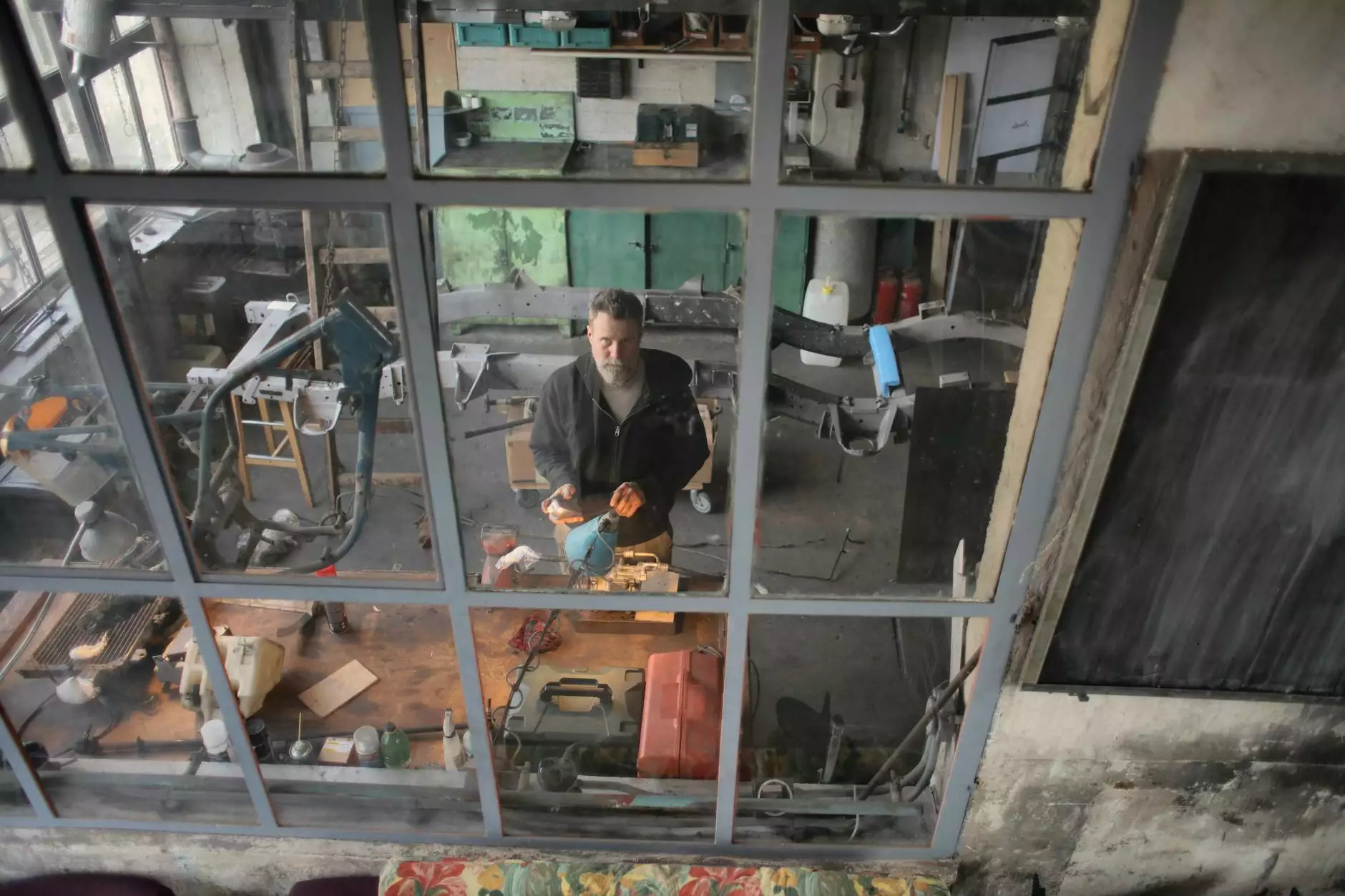Preparing For A Home Inspection As A Seller
Blog
Introduction
Welcome to the page dedicated to helping sellers prepare for a home inspection! At Building Code Administrative Services, we understand the importance of a successful home inspection and its impact on your selling process. This guide aims to provide you with expert tips, insights, and detailed information to help you confidently navigate the home inspection phase.
The Significance of a Home Inspection
A home inspection is a crucial step in the home selling process. It allows potential buyers to evaluate the condition of a property and make informed decisions. As a seller, preparing your home for inspection can significantly affect its market value and attract potential buyers. However, understanding what to expect and how to prepare can be overwhelming.
Understanding the Home Inspection Process
Prior to diving into the details of preparation, it's essential to familiarize yourself with the home inspection process. A certified home inspector evaluates various aspects of your property, including the structure, electrical system, plumbing, HVAC, and more. They identify any existing issues or potential problems that may affect the property's value or safety.
Expert Tips for Effective Preparation
1. Conduct a Pre-Listing Inspection
Consider hiring a professional home inspector to conduct a pre-listing inspection before putting your home on the market. This proactive approach allows you to identify and address any potential issues in advance, minimizing surprises during the official inspection.
2. Repair and Address Maintenance Issues
Thoroughly inspect your property for any visible damages, leaks, or maintenance issues. Addressing these problems before the home inspection demonstrates your commitment to maintaining the property and can prevent any concerns or negotiation points from arising.
3. Clean and Declutter Your Home
A clean and well-organized home gives a positive impression to potential buyers and home inspectors. Thoroughly clean all areas, remove unnecessary clutter, and make sure that essential systems, such as electrical panels and attic spaces, are accessible.
4. Check Safety Features
Ensure that safety features of your home, such as smoke detectors, carbon monoxide detectors, and fire extinguishers, are in proper working condition. Replace batteries and test them to provide reassurance to both the inspector and potential buyers.
5. Organize Documentation
Gather relevant documentation, such as maintenance records, warranties, permits, and receipts, to provide to the home inspector. Having these documents readily available showcases your dedication to responsible ownership and can help alleviate any concerns.
6. Consider Professional Staging
Professional staging can enhance the appeal of your home during the inspection process. It helps in showcasing the property's best features and creating a welcoming atmosphere, increasing the chances of a positive assessment from potential buyers.
Conclusion
Preparing for a home inspection as a seller plays a vital role in ensuring a smooth selling process. By following the expert tips and guidelines provided by Building Code Administrative Services, you can confidently navigate the inspection phase and present your property in the best possible light.
Remember, a well-prepared home inspection can significantly impact your selling price and attract potential buyers. Take the time to address any issues, organize documentation, and create a clean, inviting environment. With thorough preparation and attention to detail, you can maximize the chances of a successful home inspection and a seamless transaction process.




